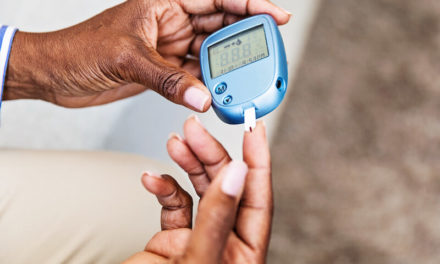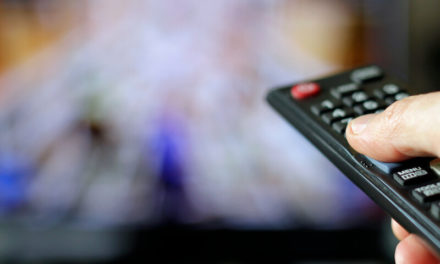You should be able to hear if you wear hearing aids, right? It can be really annoying when your hearing aid stops working. The good news is that your hearing aids should continue to work effectively with routine maintenance.
Take a look at this list before making any extreme decisions. If you discover that it isn’t one of these typical issues, it might be time to come in and see us. You might require a hearing aid recalibration or your hearing may have changed.
LOW BATTERIES COULD BE A PROBLEM
The batteries in hearing aids still occasionally need to be replaced or recharged, despite the fact that their sizes have shrunk significantly and their lifespans have increased. The batteries in your hearing aids must therefore be changed regularly. Checking your hearing aid’s battery should be your first step if it starts to stutter or cut in and out.
KEEP ‘EM FRESH IS THE REMEDY
A useful purchase would be a battery tester, especially if you like to stock up. Even if you keep the batteries sealed, the last ones in the pack could not have the same voltage as the first few because batteries have a shelf life. Another tip is to wait five minutes after opening brand-new batteries before inserting them. The batteries’ lifespan may be increased as a result of giving the zinc time to activate.
EasyCharge Rechargeable Hearing Aids
Catch up on everything you love with EasyCharge hearing aids. One charge is all you need.

Receiver-In-Canal Hearing Aids
Natural sound, less feedback, and long time wearing comfort.
POTENTIAL PITFALL: UNAPPEALING THINGS LIKE GRIME AND WAX
Your hearing aids will accumulate dirt and debris no matter how well you maintain your ears, and if you have trouble hearing, you’re far more likely than the typical person to keep on top of earwax. Dirt may be to blame if you can hear, but the sound quality is distorted or off.
THE SOLUTION: KEEP THEM CLEAN AND CLEAN THEM OUT!
To keep your hearing aids clean, you can either purchase a kit or utilize household materials you already have. After pulling your hearing aid apart, you can clean it with a microfiber cloth similar to the one you use to clean the screen of your computer or smartphone.
By maintaining good hygiene practices, you can prevent your hearing aids from accumulating excessive dirt. You should wash and dry your hands before caring for your hearing aids, and you should take them off while doing activities like cooking, hair styling, or even shaving that could put them at risk of being spritzed, sprayed, or splattered.
POTENTIAL DANGER: MOISTURE THAT IS TRAPPED
Your hearing aid can be seriously harmed by even a small amount of moisture (think working up a sweat, not snorkeling). Even the hearing aid’s vent and battery might be impacted by atmospheric dampness. Depending on how much moisture has made its way inside, problems like distortion, static, or even cracking may arise. They might even appear to give up entirely.
HOW TO FIX IT: KEEP ‘EM DRY
When storing your hearing aids, make sure you open the battery door and remove the batteries completely if you plan to keep them for more than 24 hours. You won’t have to exert much effort to allow air to flow and any trapped moisture to evaporate.
Bluetooth Hearing Aids
Turn your smartphone into a remote control.
Keep your hearing aids somewhere dry and cool. Don’t keep them in the restroom or kitchen. Although it would seem easy to keep them there, there is simply too much dampness. Consider purchasing a hearing aid storage box if you reside in a humid environment. The majority of models employ a desiccant, which is a little package that absorbs moisture, however some more expensive versions use electronics to remove moisture.






